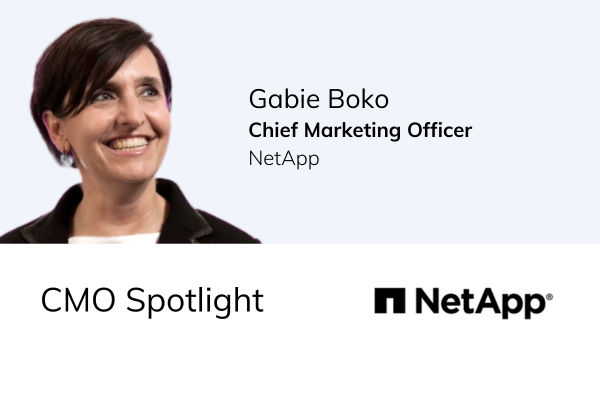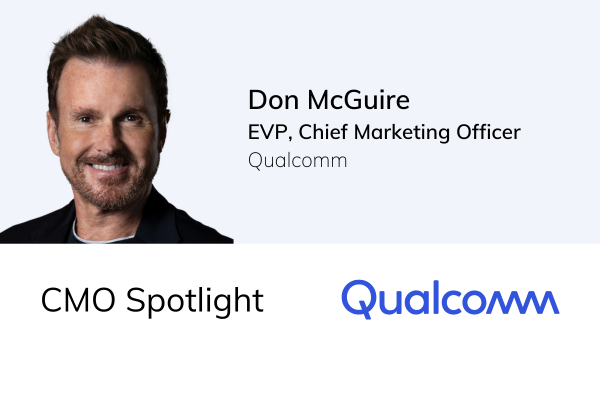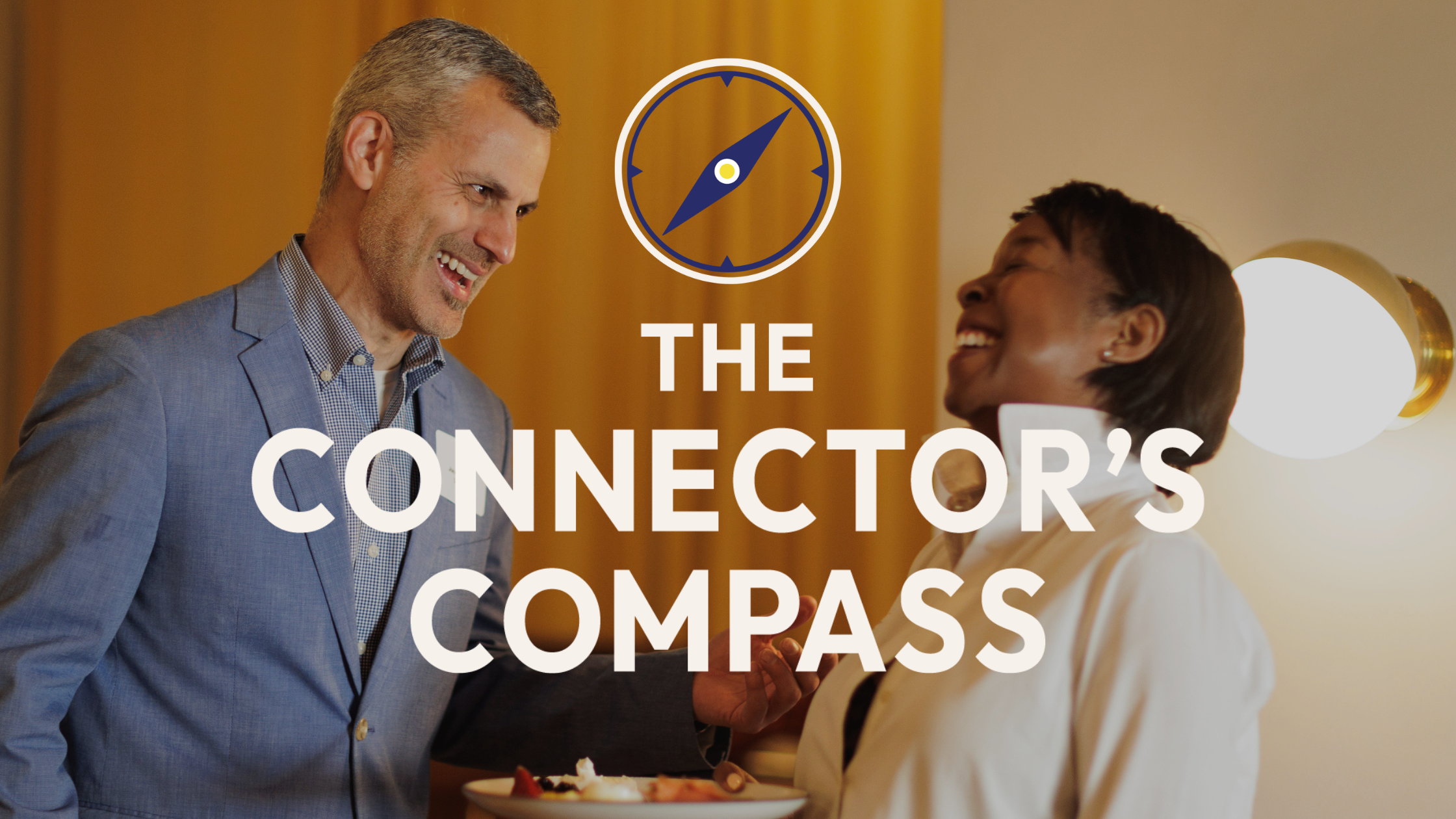A Marketer’s Alternatives to Physical Networking
Many people find community and connection by attending concerts, sporting events, conferences, and church congregations. Although some companies and communities are opening up, there remains a gap where business networking opportunities used to reside.
In the marketing industry where face-to-face contact is a powerful tool and populated events like trade shows are the most popular marketing strategies for B2B companies, marketers are searching for alternatives to network with fellow marketing peers, potential clients, or those hiring.
Humans are social creatures, and, whether or not networking is beneficial to advance your career or company, the toll of distancing has left people lonely and isolated, negatively impacting their mental health. The CDC recommends connecting with one another to cope with stress.
The following are tips to connect and network within and outside your company during this trying time.
Utilize video conferencing
Eye contact is powerful, but since we can’t stand less than six feet apart from one another, the next best thing is video conferencing. By now, you and your team are probably familiar with Zoom, Skype, Google Meet, Teams, and the like (even Facebook Messenger and Instagram have enhanced their video call capabilities).
When you are feeling the itch to connect with people or have an introductory call with a cold prospect, consider video! Even though co-working spaces and coffee shops are closed,, people all over are dealing with this complex reality and discovering innovative methods to network, so they may be open to speaking with you through video. Screen fatigue, however, is a real thing...so be sensitive!
Here are tips from Forbes on forming a human connection during Zoom meetings.
Embrace creative outreach
Technology is connecting everyone - so everyone is online. Use this fact to your advantage. While email inboxes may be cluttered (and you can think of ways to break through the noise), get creative. Use Twitter, send a text, make a call, send a direct message, randomly connect with someone on LinkedIn - you might be surprised what resonates.
Set up interviews. This could be for personal or professional research, a piece you are writing, virtual panel planning, or podcast recording. Most people are still working from home or practicing social distancing. Since you may have people’s focus and people may have the time, start some new conversations.
Increase LinkedIn activity
At the end of March 2020, LinkedIn member activity (comments and shares) jumped 55% compared to the previous year. People are online.
It should not take looking for a job to update your resume and profile. Use this time to write a new introduction, share a thoughtful article, connect with former contacts, or ask for and leave references for old colleagues. An active presence on LinkedIn builds credibility as a thought leader, and by association, credibility of your business. Recruiters may be looking for job seekers, but there are also recruiters for board members or conference speakers - building a relationship with them now could lead to opportunities to promote yourself and your business down the line.
Post personal experiences and business experiences. Highlighting past achievements, promoting colleagues, and recognizing lessons learned from hardships is a great method to engage with, celebrate, and inform your professional community.
Be Intentional
Time is precious, use it wisely. Now that commutes are shorter (or nonexistent), you can use that time more effectively to continually grow your network. Connect with new people on LinkedIn and add a note to personalize it - have you met the person before? Are you in the same field? Have you recently read a piece they’ve written? Anything to personalize the connection.
Be proactive about networking by joining webinars, group chats, or online forums (there are PLENTY now that everyone is virtual). Forums usually offer assistance/advice and resources. They also lead to open discussions that can expand or validate your expertise and grow your professional circle.
Since a fair number of people may be struggling, offer services to clients or consumers. If you’re job searching, offer your skills to leaders in need. In the long run, people will speak to your good will and work ethic, which may lead to referrals down the road.
Invest in people
The work does not end just because you have a job. You should continually invest in people. Wish them “happy birthday" on Facebook, congratulate them on promotions, share their posts, send a private message inquiring about their well being, and keep caring. Rekindle old contacts or send notes to former clients/colleagues to let them know you’re thinking of them.
The last thing a person wants is to feel used. Don’t get us wrong, people generally love to help others, especially if others have granted them that same kindness in the past, but you never want to come off as insincere or inauthentic.
Networking is not just about gaining clients or getting a job...it’s about investing in people. Going dark and then popping up when you need something may not be the best course of action. Never be a liability, always be an asset...ask yourself, what can you do for them?
One way to invest in others is by investing in your community. Reach out to others and support and encourage people within and outside your organization.
Above all things, be sincere
There is a lot of false sincerity in the world who claim support or that their “company is here for you,” but when you express what you need, they vanish.
What would it take for you to genuinely care? If you’re doing outreach for your current job or to get a future job, the best gift you can give as a human being is empathy. If you’re going to ask someone how they are, mean it. You may end up with a life-changing conversation, a job, a sale, a new contact, or at least a pep in your step knowing you made someone feel seen and heard.
Sometimes “business” is not the only course of business. When networking, it is okay to talk about anything other than work. Sometimes the key to a conversation (which is in itself networking) is peering into the life of someone else. If their life is work, awesome - you could definitely talk shop and network yourself into a sale or a position. If it’s not, that’s okay. People are more than their jobs. They’re craving human connection more than ever right now. And people LOVE to talk about themselves. Ask the questions and learn something new.
Apply external networking tips to internal efforts
All of the tips above apply within your own company. Leaders need to connect with and check in on their employees and be extra sensitive about collaboration. Because people are physically separated, it may be harder for employees to feel connected to their company’s purpose, culture, and vision. Leaders have an opportunity to build visibility and new relationships across departments and the organization by fueling initiatives.
Some efforts we have seen are:
Virtual yoga or trivia sessions
Water cooler talks - open virtual rooms for anyone to hop on at any time
Buddy systems - pairing random people across company who normally don’t interact with each other
Virtual happy hours every week
Dressing up / themed meetings
Increased shout-outs on Slack and in meetings
Celebrating anniversaries/birthdays
A few more tips for those who are job searching...
Don’t tell people you lost your job right away.
Check in on people.
Make a list of “friendlies” - people who are your advocates and will speak to your work ethic and character.
Make a list of people who can help - family friends, college contacts, LinkedIn or marketing influencers, etc. - and message them through phone, email, or LinkedIn.
Put your personal social media accounts on private mode. Consider making a website or professional social channel on Twitter or Instagram to showcase your writing or creative work.
Be patient. People are dealing with a lot right now - don’t expect a response right away or at all. Compassion and understanding is key.
If the increase of virtual live concerts and Zoom video calls weren’t proof enough, people are still finding ways to connect with one another and their communities despite the circumstances. And, although social media has a negative connotation for being a distracting and socially distant tool, our devices and social platforms are the very thing keeping people sane and connected during social distance.
Marketers were made for connecting. Just because the format of networking has changed does not mean forming the connections has to stop. All we have to do is be open, innovative, and understanding in our outreach efforts.










Setup’s 2025 Marketing Relationship Survey gives marketers a rare, honest look into what brands and agencies say is working and what quietly destroys partnerships.
The truth is that relationships fail because of patterns, mistakes that pile up over time, even after multiple warnings. So here are the most common red flags and green flags in the agency-client relationship based on what real marketers are telling us.